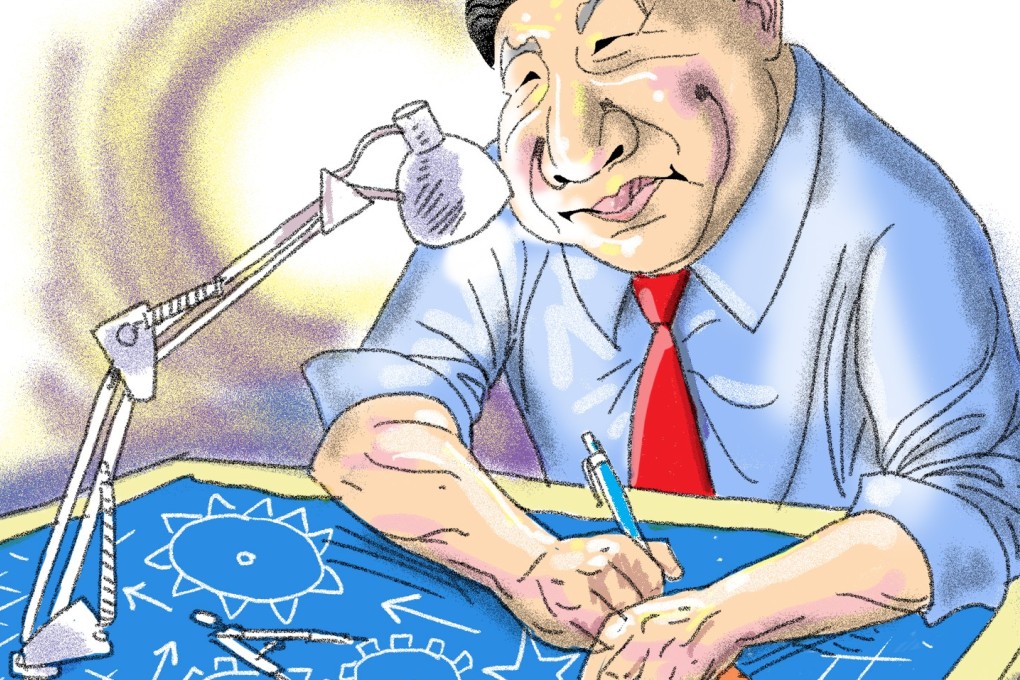Why Xi Jinping must ensure China has a viable political succession model
Andrei Lungu says after upending the old rules at the recent party congress, China’s most powerful leader in recent decades must now create a new system that will ensure transfer of power at the top remains peaceful and stable


In contrast, the new Politburo and the Standing Committee look very different. Wang Qishan might have retired, but the other three Xi allies who were Politburo members have all joined the Standing Committee. This was by no means a given: in the past two decades, older Politburo members were prioritised over younger ones when it came to such promotions. The logic was simple: the younger members had another chance five years later. This way, more Politburo members had the opportunity to serve a single term on the Standing Committee.
Whether Xi peacefully transfers power or mishandles his succession might define his legacy
Just as impressive is the composition of the new Politburo: at least nine of the 15 new members seem to be old Xi allies, most of them having worked with him in the provinces. Xi seems to have assured himself a majority in both the Politburo and its Standing Committee. If Xi managed to accumulate so much power in the past five years with just a few allies, he now firmly dominates the party.
Government exhibition ties China’s achievements to Xi Jinping
Will Xi Jinping build on Deng Xiaoping’s legacy – or unravel it?
At this point, Xi seems to be in a position to change much of the Chinese political system, if he so desires. His second term might focus on the economy and foreign and military affairs, but Xi will need to solve a central dilemma: creating a new succession mechanism. The old one, created by Deng, might not have been perfect, but it enabled two successful transfers of power. How Xi designs the new succession mechanism and whether it will be effective will be an important part of his legacy.